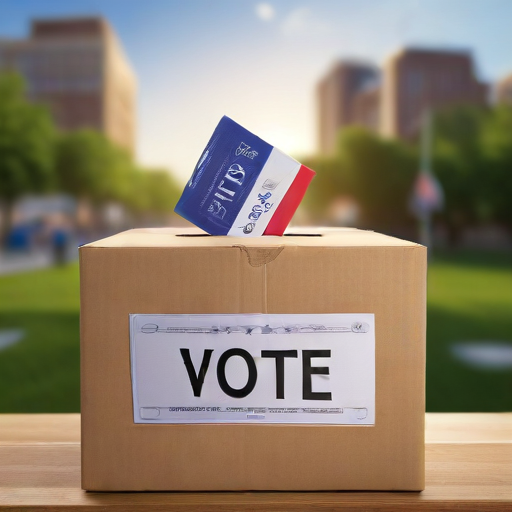Goldman Sachs suggests that if Kamala Harris were to become the Democratic presidential nominee, her economic plans would remain largely consistent with those of President Biden. This assessment comes following President Biden’s recent decision to withdraw from the race for the Democratic nomination, amid increasing pressure following a challenging debate against Republican frontrunner Donald Trump.
Biden has publicly endorsed Vice President Harris, who has expressed her commitment to pursue her candidacy. Since this announcement, Harris has garnered significant endorsements from prominent figures such as California Governor Gavin Newsom, Pennsylvania Governor Josh Shapiro, and New Jersey Governor Phil Murphy. However, Goldman Sachs analysts predict that a shift in policy direction would be minimal, stating that they do not anticipate a significant change in the Democrats’ fiscal and trade policy agenda if Harris assumes the nomination.
According to Goldman Sachs, the likelihood of a Democratic victory in the upcoming election has only slightly increased to just under 40%. They have highlighted that the upcoming elections will be pivotal due to the impending expiration of certain personal income tax provisions set to conclude at the end of 2025. This situation will give the next president significant influence over tax regulations.
Some of the fiscal policy forecasts indicated by Goldman Sachs for a potential Biden victory include:
– A proposed increase in tax rates for high-income earners, potentially reaching 39.6% for individuals making over $400,000.
– An increase in the corporate tax rate to 28%, though the firm remains skeptical about Congress’s acceptance of this change, suggesting a more feasible rate might be around 25%.
– An elevated tax rate for Social Security and Medicare contributions on incomes above $400,000, proposed to be 5%, an increase from the current 3.8%.
In the event that Harris secures the nomination, speculation about her choice for a vice presidential running mate includes several governors, including Shapiro from Pennsylvania and Roy Cooper from North Carolina, among others.
Overall, Harris’s candidacy appears poised to continue the established Democratic economic policies, suggesting a level of continuity that could appeal to voters seeking stability amid political change.
This article highlights the importance of continuity in policy and how steady leadership might reassure voters looking for stability in uncertain times. As the political landscape evolves, there remains an opportunity for candidates to showcase innovative strategies that address the changing economic landscape while maintaining core values.
